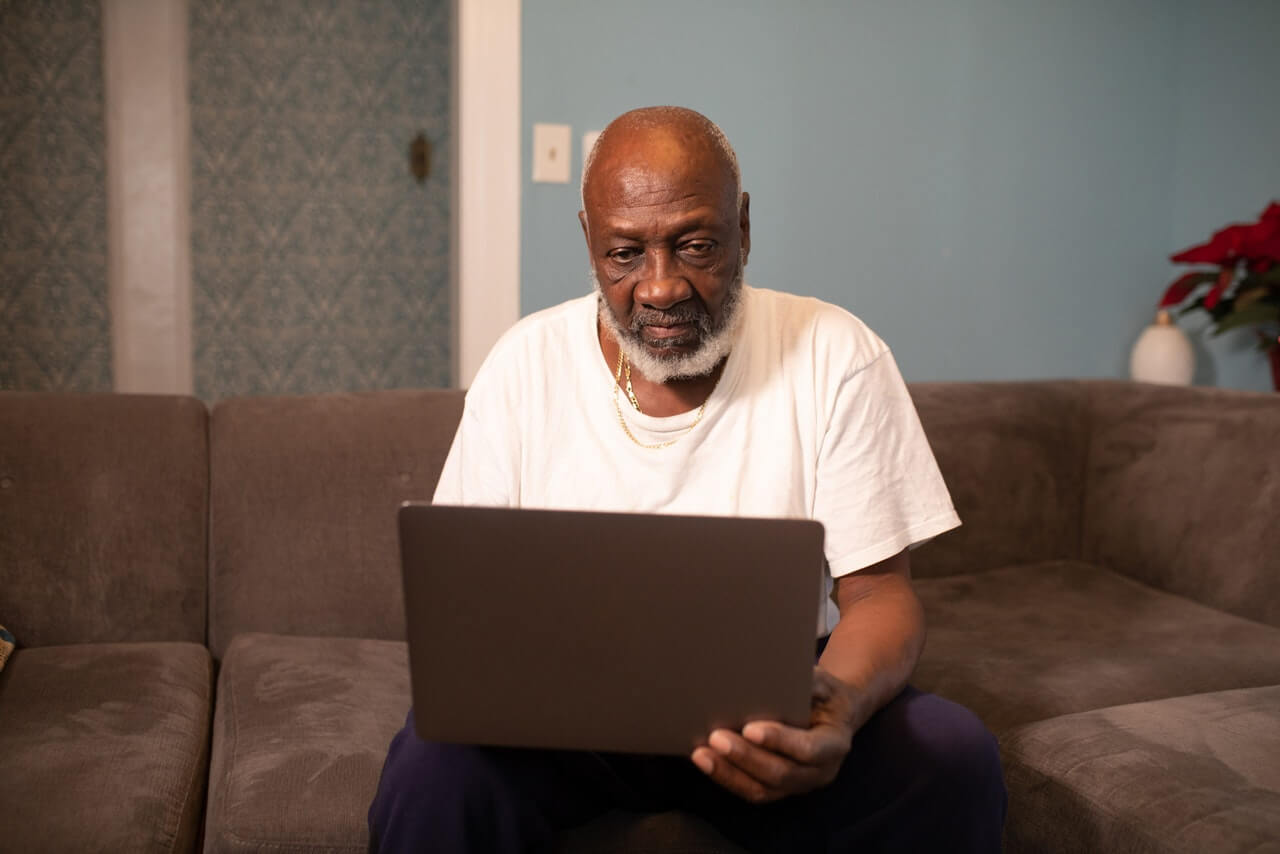
Nikki Bond, Senior Research Officer, Money and Mental Health Policy Institute
Managed migration: how government can protect people with mental health problems moving to Universal Credit
10 May 2022
Last week the government restarted its process of ‘managed migration’, the process of deliberately moving people claiming legacy benefits to Universal Credit (UC).
This has been a longstanding process, going back to when UC was first introduced in 2013, replacing six ‘legacy’ benefits (including Housing Benefit, Employment and Support Allowance (ESA) and Jobseeker’s Allowance). The road to roll out UC has been long and winding, with continually changing deadlines and disruptions due to the pandemic.
There are already 5.6 million people in receipt of UC – either through a natural change in circumstances which meant they were required to apply for UC, or they’ve voluntarily transitioned. But 2.6 million more people must move by the end of 2024. Nearly 885,000 of those are identified as vulnerable and on ESA for a primary condition of mental health problems. Tens of thousands more will be claiming ESA for a physical or sensory health problem but also experiencing a common mental disorder.
The high levels of vulnerability among legacy claimants, alongside the DWP’s approach to managed migration, mean we have grave concerns about the risks posed to people with mental health problems.
A flawed approach to transitioning
UC is the biggest change to the welfare state in a generation and managed migration is a huge endeavour. Yet the government has failed to establish how vulnerable claimants will be safeguarded in the move. The government reports that automatically moving legacy claimants to UC, would take years of system development, be unreliable and is not possible. Therefore, the administrative burden to transition sits with claimants, many of whom are extremely vulnerable.
The rules say that people will have three months to complete the move from the time they’re notified. They will receive just two reminders, two weeks after the notice has been sent, and one week before the deadline. If people fail to respond by the deadline, there’s a real risk their benefits will be stopped.
The only identified safeguard is for claimants who proactively request an extension before the deadline date. But for people with mental health problems having to speak up and advocate for themselves when unwell can be impossible.
The challenges of migration and potential devastating consequences
We know that there are thousands of people with mental health problems who will struggle to respond to letters instructing them to apply for UC – managed migration notices – within the specified timescales. Some people will simply be so unwell that they don’t open their post, others will be in crisis and hospitalised – unable to receive post, make calls or use the internet.
Beyond people who are acutely unwell, people with mental health problems are among those who are most likely to struggle with responding acting on migration notices. The cognitive and psychological effects of mental health problems can make applying for UC extremely challenging.
Despite the risks for people with mental health problems, the government is pressing ahead with managed migration, and notices will begin dropping on people’s doorsteps later this month. In the worst-case scenario, people with mental health problems may fail to successfully make the move to UC and lose the vital lifeline of their benefit income altogether.
“I’m terrified of having to move over and I’m not sure why. Maybe it’s the horror stories I’ve heard and the suicides that have happened after being left for weeks without no money, so no heat or food etc. I’m not the world’s quickest person at responding so I’m scared I will run over time limits and I will get sanctioned before I’ve even made a claim.” Expert by experience
Tailoring support to the needs of people with mental health problems
No one should have their benefits cut off because they miss the three month deadline. However, if the government pursues this course of action, it is absolutely crucial that further safeguards are established to avoid devastating harm.
In recognition of the significant proportion of people with vulnerabilities yet to migrate, our recommendations, drawn from new research with our Research Community of thousands of people with lived experience of mental health problems, are three fold:
- The government should commit to not cutting off anyone’s benefits until a successful claim for UC has been made. This week we teamed up with Mind and other charities to urge government to listen to our concerns, and to press home the message that no one should lose out on benefits in this process.
- In the letter, we also asked the government to commit to — and publicise — the steps they will take to safeguard claimants who are unable to respond to migration notices.
- At the same time, the government should work with stakeholders to understand the needs of people with mental health problems, to ensure that migration notices are supportive in tone and suitably tailored to the people’s accessibility needs to maximise the chances they’ll be able to respond and act.
As the DWP restart managed migration, it’s essential that we keep in mind that for many claimants their benefits are alifeline and their only source of income, to cut this off, would be catastrophic. The DWP must step up and provide reassurance that vulnerable claimants will be protected.
